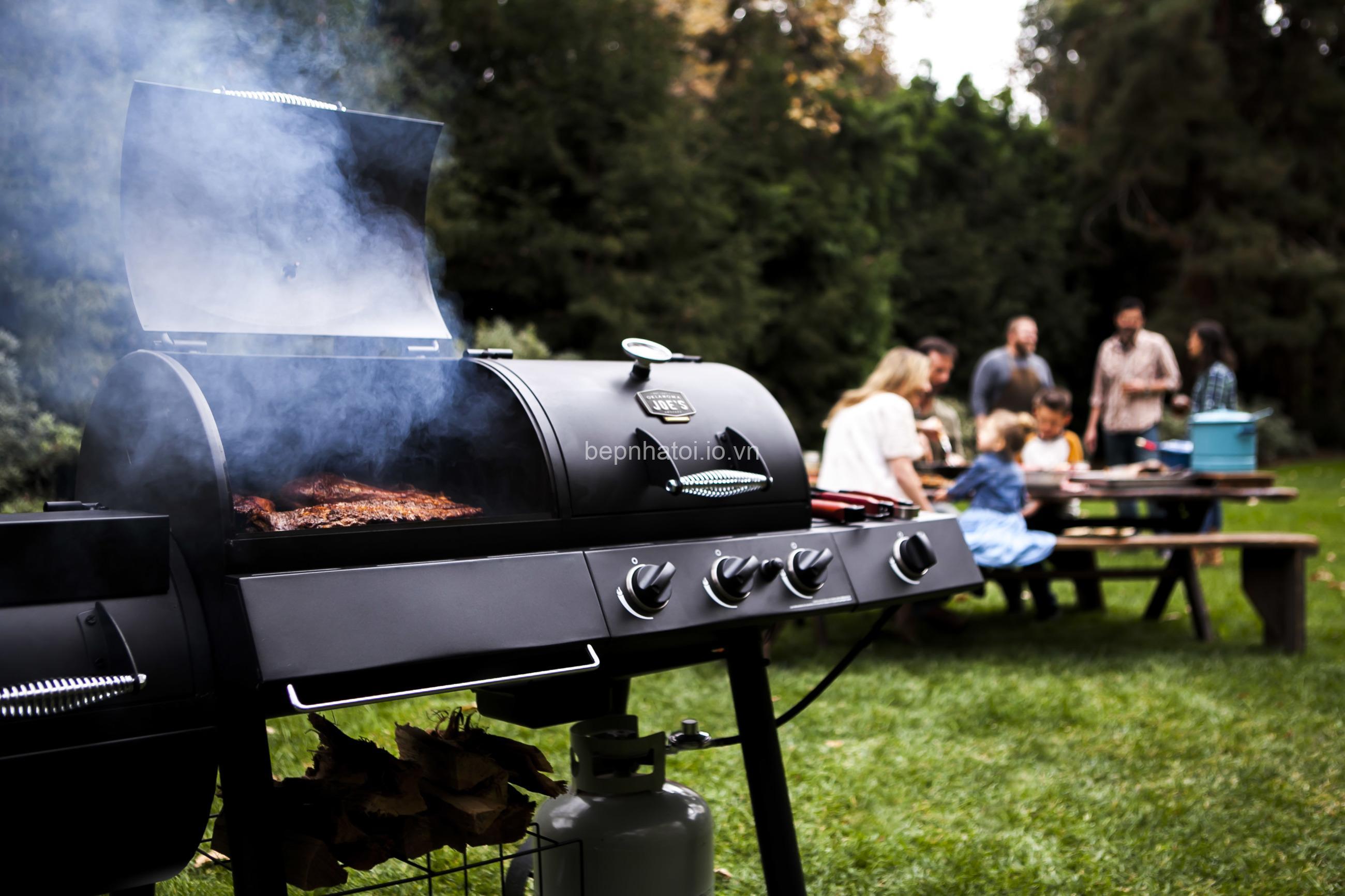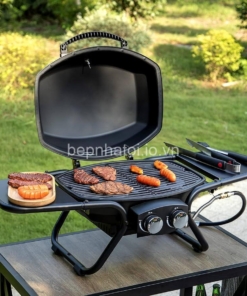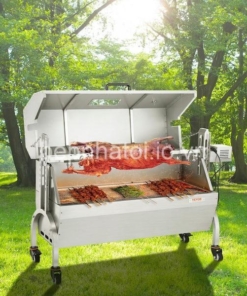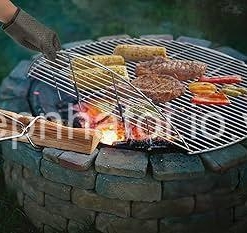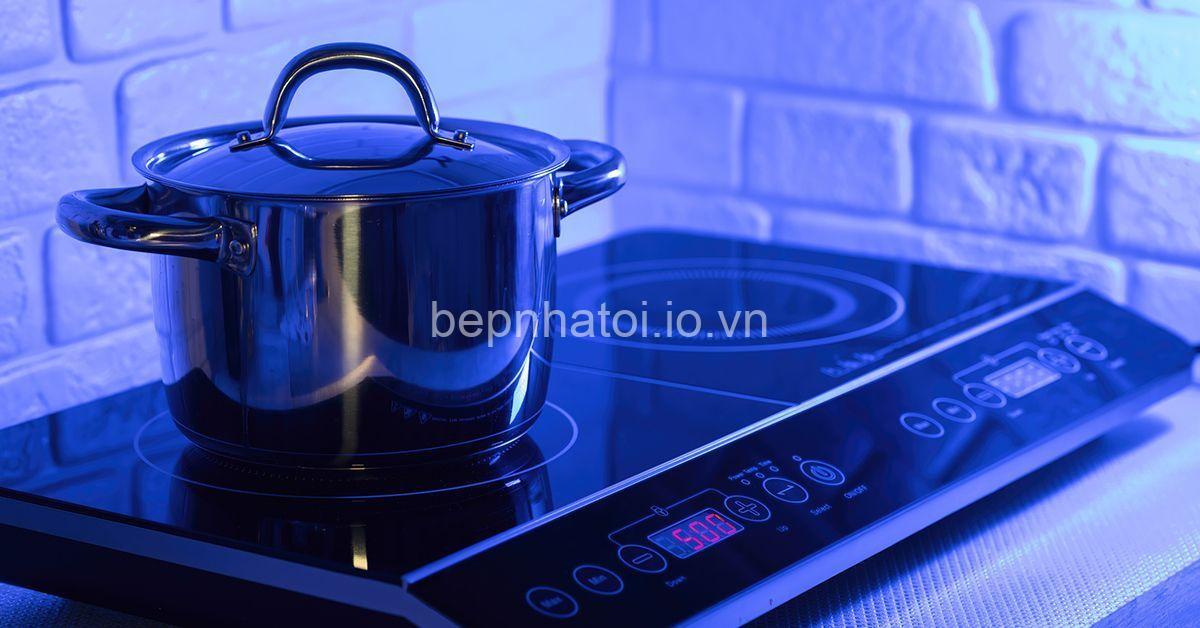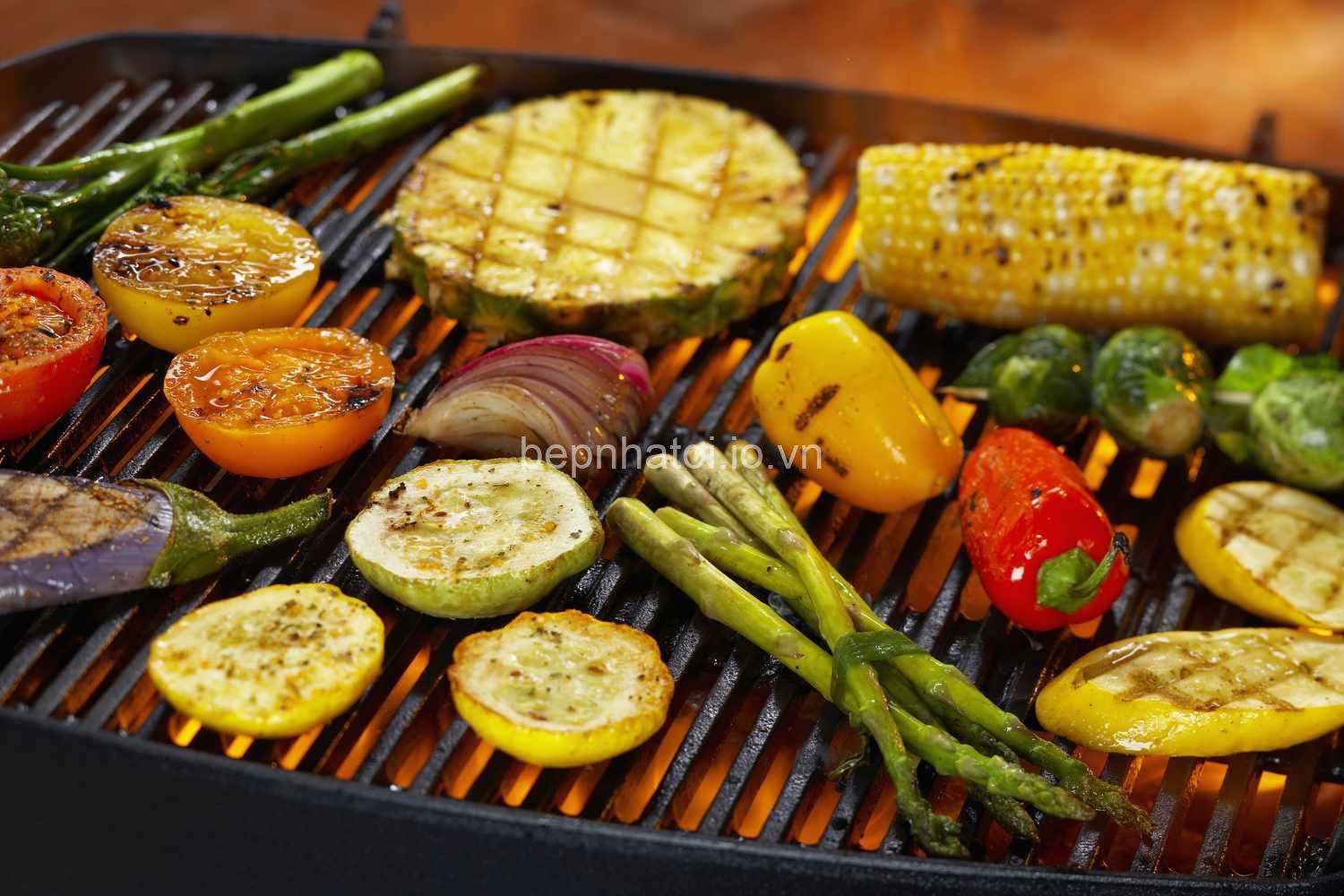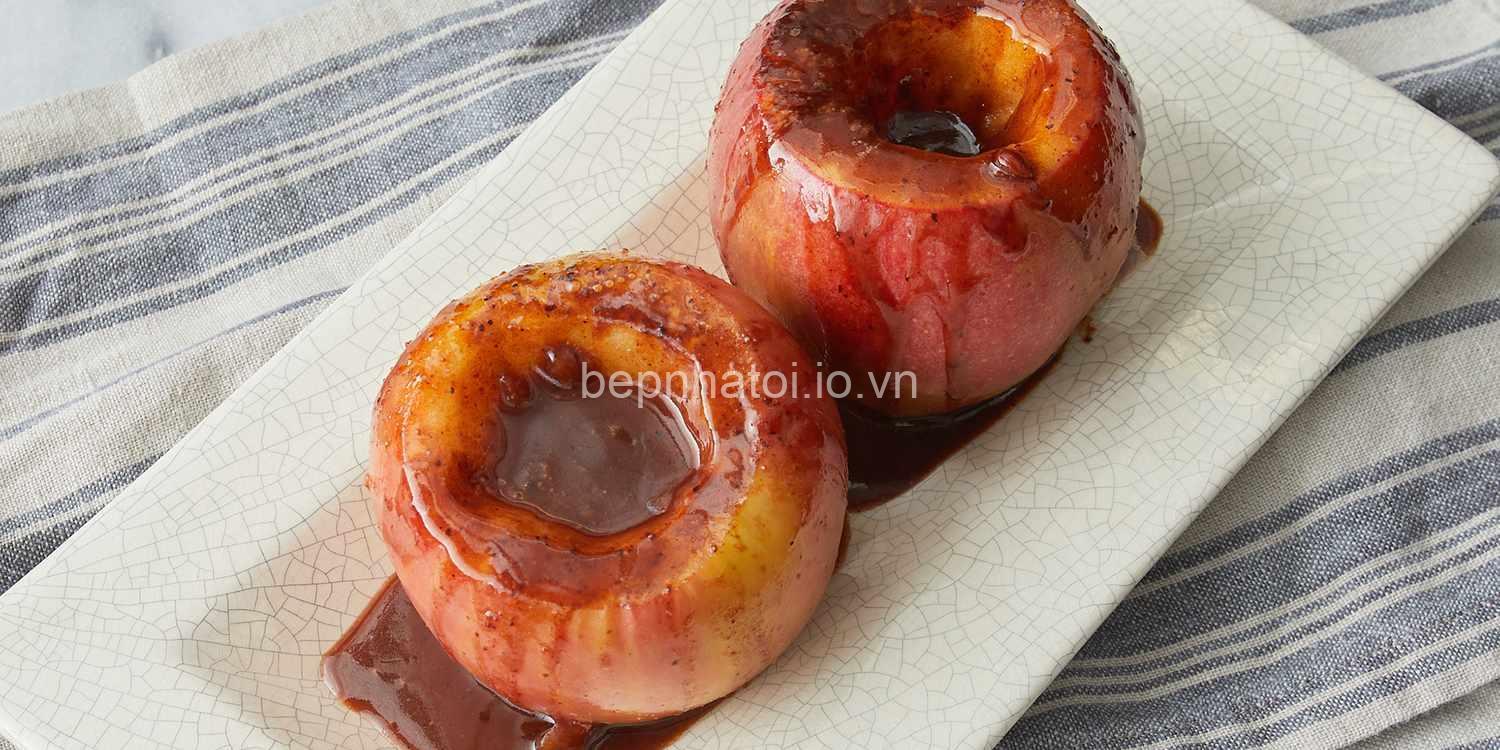Description
Understanding Smoker Grills: Types, Features, and How They Work
You know that irresistible smoky flavor that elevates barbecue to a whole new level? That’s the magic of smoker grills. These versatile cooking tools are designed to infuse your food with a distinct smoky aroma, resulting in juicy, tender, and unbelievably flavorful dishes. But with so many different types and options available, it can be tricky to know where to start. Let’s break down the basics together.
Types of Smoker Grills
Smoker grills come in various styles, each with its own unique strengths and weaknesses. Understanding the different types is crucial for choosing the perfect smoker for your culinary needs.
-
Offset Smokers: These classic smokers feature a separate firebox, which sits alongside the main cooking chamber. They offer a traditional, smoky flavor due to the indirect heat flow and the ability to use various woods. Offset smokers are known for their generous cooking capacity, making them ideal for large gatherings.
-
Vertical Smokers: As the name suggests, vertical smokers have a tall, upright design. They are known for their efficiency, using less fuel than other types. Vertical smokers are also relatively portable, making them a great choice for those with limited space or who enjoy taking their smoker on the go.
-
Pellet Smokers: These modern marvels use wood pellets as their fuel source, offering precise temperature control and consistent results. Pellet smokers are popular for their user-friendliness and convenience, with many models featuring automatic temperature adjustments.
-
Electric Smokers: For those who prefer a hands-off approach, electric smokers offer an alternative to traditional fire-based models. They use electricity to generate heat, allowing you to set and maintain a consistent temperature with ease. Electric smokers are often a great choice for beginners, as they require less experience and maintenance.
Key Features and Considerations
Once you’ve decided on a type, there are a few key features to consider that will impact your cooking experience:
-
Size and Capacity: How much food do you typically smoke? Consider the smoker’s size and the number of racks to ensure it fits your needs.
-
Material: Smokers are made from different materials like steel, cast iron, or ceramic, each with its own pros and cons. Steel smokers are generally affordable and durable, while cast iron offers excellent heat retention. Ceramic smokers are known for their even heat distribution and ability to retain moisture.
-
Temperature Control: Accurate temperature control is crucial for successful smoking. Look for smokers with adjustable vents and thermostats to maintain a consistent temperature.
-
Fuel Source: The type of fuel you choose (charcoal, wood, pellets, or electricity) will significantly impact the smoking process and flavor.
-
Water Pan: A water pan plays a crucial role in maintaining humidity and adding moisture to the cooking chamber. It helps prevent the food from drying out and adds a unique depth of flavor.
-
Firebox: The firebox is where the fuel burns, so its size and design influence the heat distribution and overall performance.
-
Accessories: There are various accessories available for smoker grills, such as racks, probes, smoker boxes, and wood chips.
How Smoker Grills Work
Smoker grills utilize indirect heat and smoke to cook food slowly and evenly. This method allows for a gradual cooking process, resulting in tender, juicy, and flavorful meals. Here’s a simplified breakdown of the smoking process:
-
The Smoking Process: The fuel in the firebox generates heat, which then circulates through the cooking chamber. As the wood burns, it releases smoke that permeates the chamber and infuses the food with its distinctive aroma and flavor.
-
Importance of Low and Slow Cooking: Smoking is all about patience. Cooking at low temperatures for extended periods allows the food to break down and become incredibly tender.
-
Temperature and Time Control: The temperature of the smoker and the duration of cooking are crucial factors in achieving the desired results.
-
Adding Flavor with Wood Chips: Different types of wood produce distinct flavors, allowing you to personalize your smoking experience.
Choosing the Right Smoker Grill for You
Ready to embark on your smoking journey? It’s important to choose a smoker that fits your needs and lifestyle.
Factors to Consider
-
Budget: Smoker grills come in a wide range of prices, from entry-level models to high-end, feature-packed options.
-
Space Available: Consider the size of the smoker and the space you have available for storage and cooking.
-
Cooking Needs: How often do you plan to smoke? What types of food do you want to prepare?
-
Level of Experience: Are you a seasoned smoker or a complete beginner?
Types of Smoker Grills and their Advantages
-
Offset Smokers: Offset smokers offer a traditional, robust smoking experience. They are highly versatile, capable of handling a wide range of meats and dishes.
-
Vertical Smokers: Vertical smokers are a great option for smaller spaces or those seeking portability. They are generally easier to use than offset smokers and offer excellent results.
-
Pellet Smokers: Pellet smokers provide the ultimate in convenience and temperature control. They are perfect for those who want consistent, reliable results.
-
Electric Smokers: Electric smokers are perfect for beginners and those who want a hassle-free smoking experience. They are compact and often have a smaller capacity.
Brand Recommendations
There are many reputable smoker grill brands available. I recommend checking out the offerings from brands like:
- Traeger
- Weber
- Pit Boss
- Camp Chef
Master the Art of Smoking: Techniques and Recipes
Now that you have the right equipment, it’s time to unlock the secrets to successful smoking.
Essential Smoking Techniques
-
Temperature Management: Maintaining a consistent temperature throughout the smoking process is crucial for even cooking and optimal flavor.
-
Wood Chip Selection: Different types of wood produce distinct flavors. Explore a variety of woods like hickory, mesquite, or cherry to discover your favorites.
-
Monitoring Meat Temperature: Using a reliable meat thermometer to monitor the internal temperature of the meat is essential for ensuring doneness and food safety.
-
Resting the Meat: Allowing the meat to rest after smoking helps distribute the juices and enhance the overall tenderness.
Popular Smoked Dishes
Smoker grills are perfect for creating a wide range of flavorful smoked dishes. Here are some popular options:
-
Ribs: Ribs are a classic smoked dish that is always a crowd-pleaser.
-
Brisket: Brisket is a challenging but rewarding smoke, requiring patience and skill.
-
Chicken: Whole chicken or individual pieces can be smoked to perfection.
-
Pork: Pork shoulder, loin, and even pork belly can be smoked for juicy, succulent results.
-
Fish: Smoking fish is a great way to add a unique smoky flavor to your seafood dishes.
Recipe Ideas
Ready to get started? Check out these trusted recipe websites for inspiration:
- [Link to a reputable smoking recipe website]
- [Link to a reputable smoking recipe website]
- [Link to a reputable smoking recipe website]
Smoker Grill Maintenance and Care
Just like any valuable appliance, your smoker grill requires regular maintenance to ensure its longevity and performance.
Daily Cleaning
-
Ash Removal: Clean out the ash pan after each use to prevent buildup.
-
Grates Cleaning: Clean the cooking grates with a wire brush or grill cleaner to remove food residue and prevent sticking.
-
Water Pan Refilling: Refill the water pan as needed to maintain moisture and prevent the food from drying out.
Regular Maintenance
-
Firebox Cleaning: Periodically clean the firebox to remove ash and debris.
-
Rust Prevention: Store your smoker in a dry, protected location to prevent rust.
-
Inspection of Parts: Regularly inspect the vents, water pan, and other parts for any signs of wear or damage.
Troubleshooting Common Issues
Even with proper maintenance, you may encounter some common issues with your smoker. Here are some troubleshooting tips:
-
Temperature Fluctuations: Check the vents, make sure the fuel source is adequate, and ensure the firebox is properly sealed.
-
Uneven Heat Distribution: Position the meat strategically in the cooking chamber to ensure even heat exposure.
-
Fuel Issues: Ensure you are using the correct type of fuel for your smoker and that it is stored properly.
Enhance Your Smoking Experience: Accessories and Resources
There are a range of accessories that can enhance your smoking experience.
Must-Have Accessories
-
Meat Thermometer: A reliable meat thermometer is essential for accurate temperature monitoring.
-
Grill Gloves: Protect your hands from heat and burns with a pair of high-quality grill gloves.
-
Smoker Box: A smoker box helps regulate the flow of smoke into the cooking chamber, adding flavor and aroma.
-
Wood Chips: Explore different wood chips to create unique flavors and aromas.
Additional Resources
-
Online Forums and Communities: Join online forums and communities for smoker grill enthusiasts to connect with other smokers, share tips, and learn new recipes.
-
Smoking Courses and Workshops: Enhance your smoking skills by taking a course or workshop.
-
Books and Websites for Further Learning: Expand your knowledge by exploring books and websites dedicated to the art of smoking.
FAQs
What are the different types of smoker grills?
Smoker grills come in various types, including offset smokers, vertical smokers, pellet smokers, and electric smokers. Each type has its own unique features and advantages.
What fuel should I use for my smoker grill?
The choice of fuel depends on the type of smoker you have. Some use charcoal, wood chips, pellets, or electricity.
How do I maintain the temperature in a smoker grill?
Temperature control is crucial for successful smoking. You can adjust vents, use different types of fuel, and monitor the temperature with a thermometer.
What are some good beginner smoker grill recipes?
Start with simple recipes like smoked chicken, pork shoulder, or ribs. There are many resources available online with easy-to-follow recipes.
What are some essential smoker grill accessories?
Essential accessories include a meat thermometer, grill gloves, a smoker box, and wood chips.
Conclusion
Embark on your smoking journey with confidence! Remember, choosing the right smoker grill, mastering the techniques, and maintaining it properly will lead to delicious, smoky, and unforgettable meals. Share your smoking adventures with us by leaving comments below. For more information on electrical and plumbing products, visit my website: [Link to website: https://bepnhatoi.io.vn].
